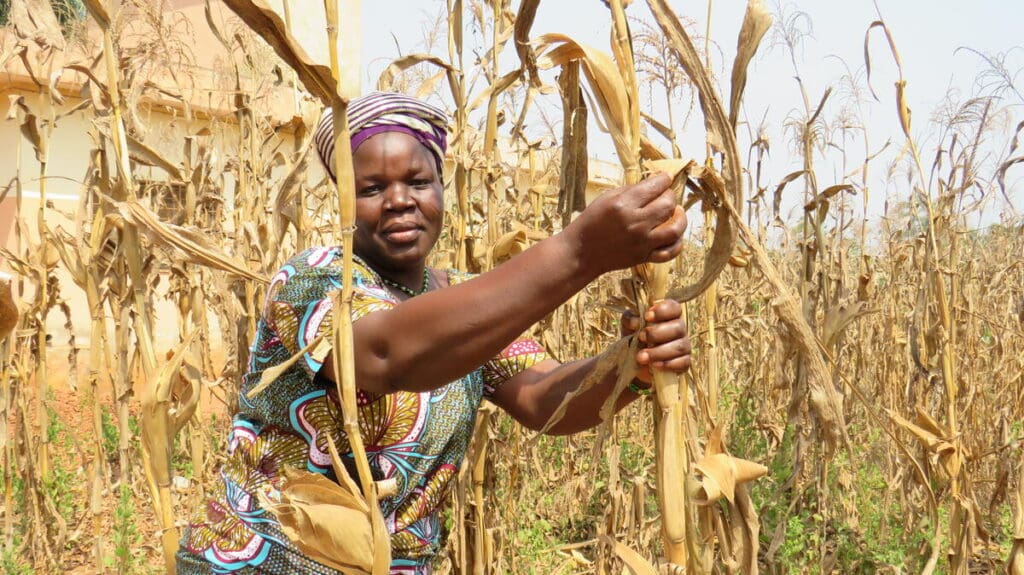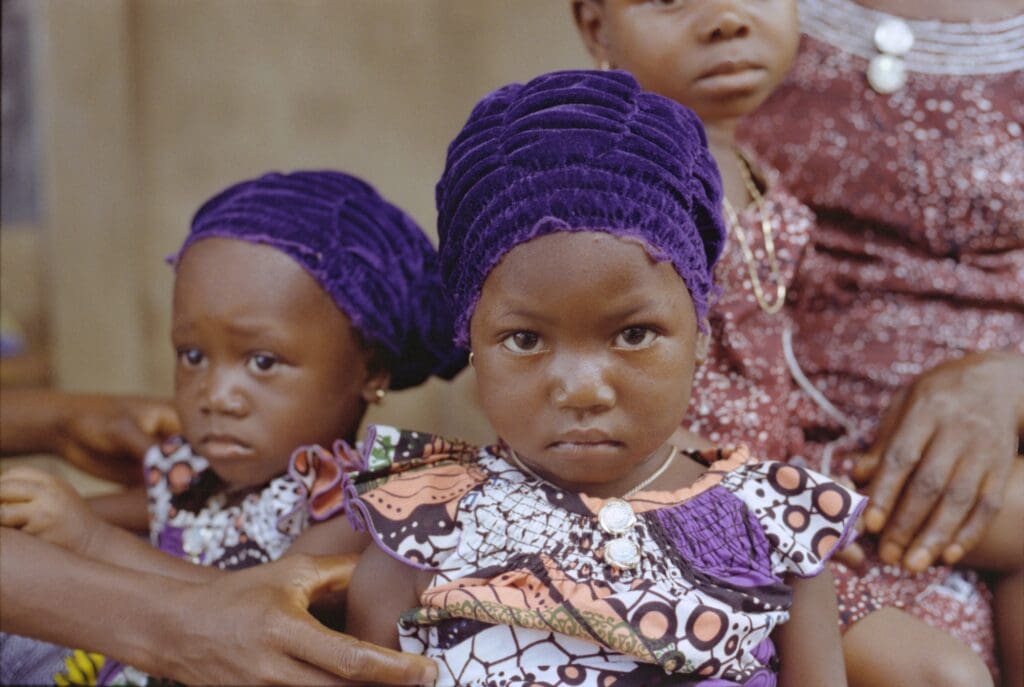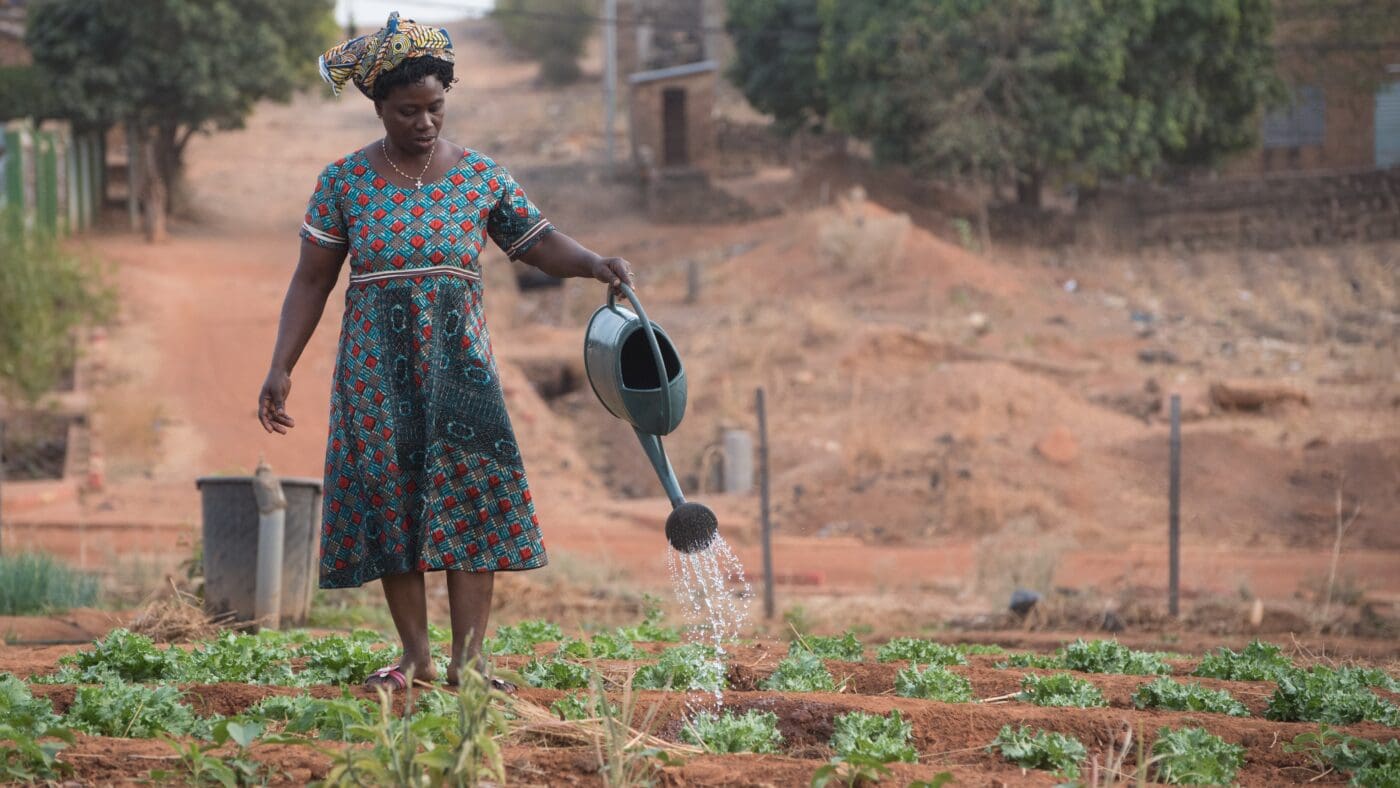
BENIN
Rural & Hungry
The Republic of Benin is one of the poorest nations in the world. Many children face deep levels of hunger. Our priority is to deliver thousands of nutritious meals to kids and their families across the country.
Send food to Benin and other countries around the world:
More than 70% of Benin’s population depends on agriculture. Rural communities are especially vulnerable to climate-related disasters including floods and drought.
of the population is experiencing severe hunger
of children suffer from chronic malnutrition
out of 189 countries on the 2018 Human Development Index
Benin Facts
Population: 11.8 million people.
Background: Since 1990, Benin has been a politically stable democracy with a culture of peaceful transitions of power.
Geography & Climate: Benin is a narrow strip of land in West Africa. The country is bordered by Togo, Burkina Faso, Niger and Nigeria. Benin’s climate is tropical and humid, and the country faces increasing climate shocks like drought, flooding and rising sea levels that threaten its mangrove ecosystems and highly populated coastline.
Economy: Benin’s population is heavily rural and low-income. Agriculture is key to the country’s economy: The sector is made up mostly of small, fragmented farms and contributes 30% of the national gross domestic product.
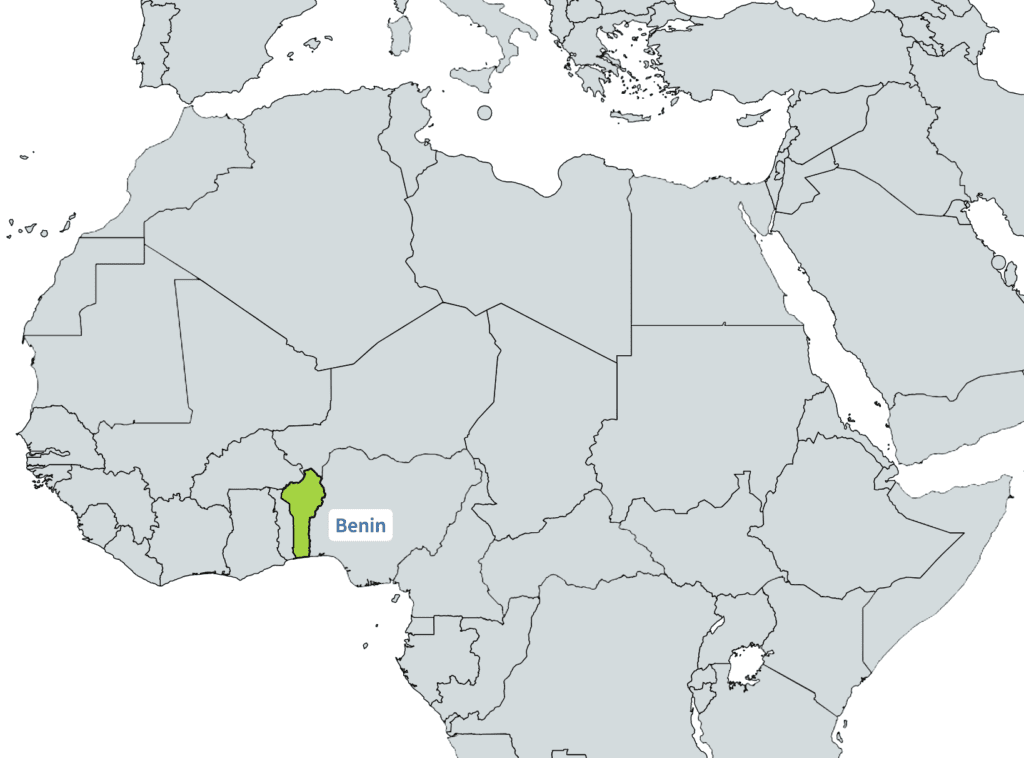
What is DRIVing Hunger in Benin?
Recent History
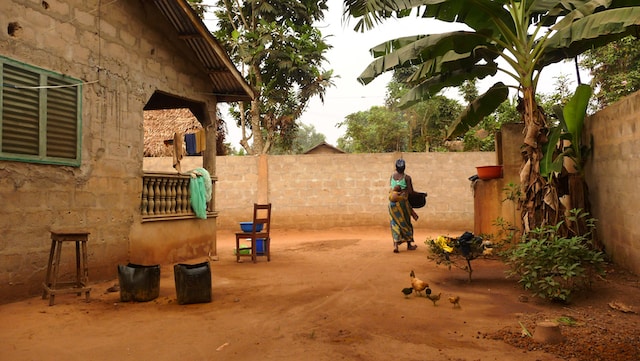
2006
A New Political & Economic Chapter
In 2006, Boni Yayi won the election to serve as prime minister. Also in 2006, the World Bank and the African Development Bank provided debt relief for Benin.
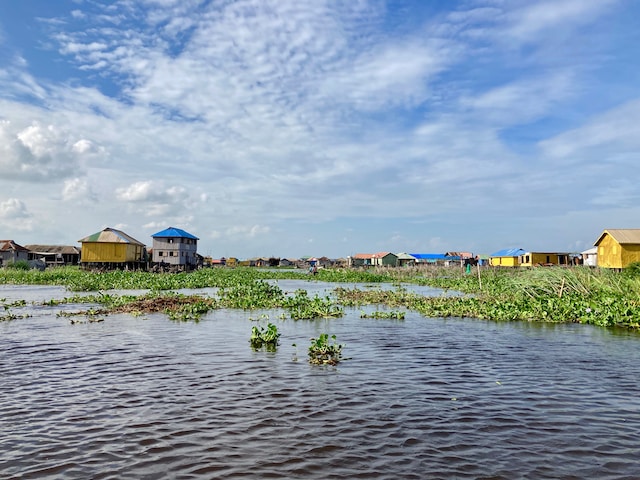
2008 -2010
Floods & Disease
From 2008 to 2010, for three consecutive years, West Africa experienced extreme flooding . Nearly half a million people in Benin were affected by the floods. WFP delivered food assistance to those affected. Meanwhile, in 2008 and 2010, the country also experienced outbreaks of cholera.
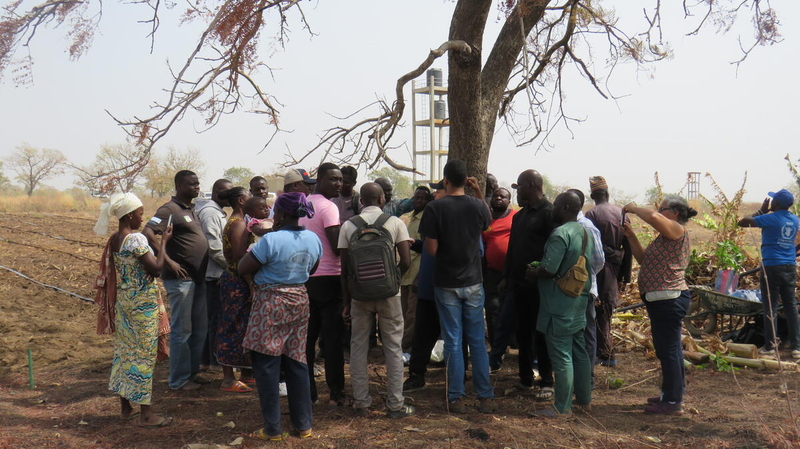
Present
Growing Hunger & Violence
Benin is a relatively stable country. It does face security threats linked to violent extremism and transnational organized crime. Food security and nutrition have deteriorated over the years.



WFP’s Work in BENIN
WFP has been on the ground in Benin since 1964. Through unrest and climate shocks, we’ve stayed the course to deliver nutritious food to the people who need it most. In 2022, we helped more than 1 million people across the country.
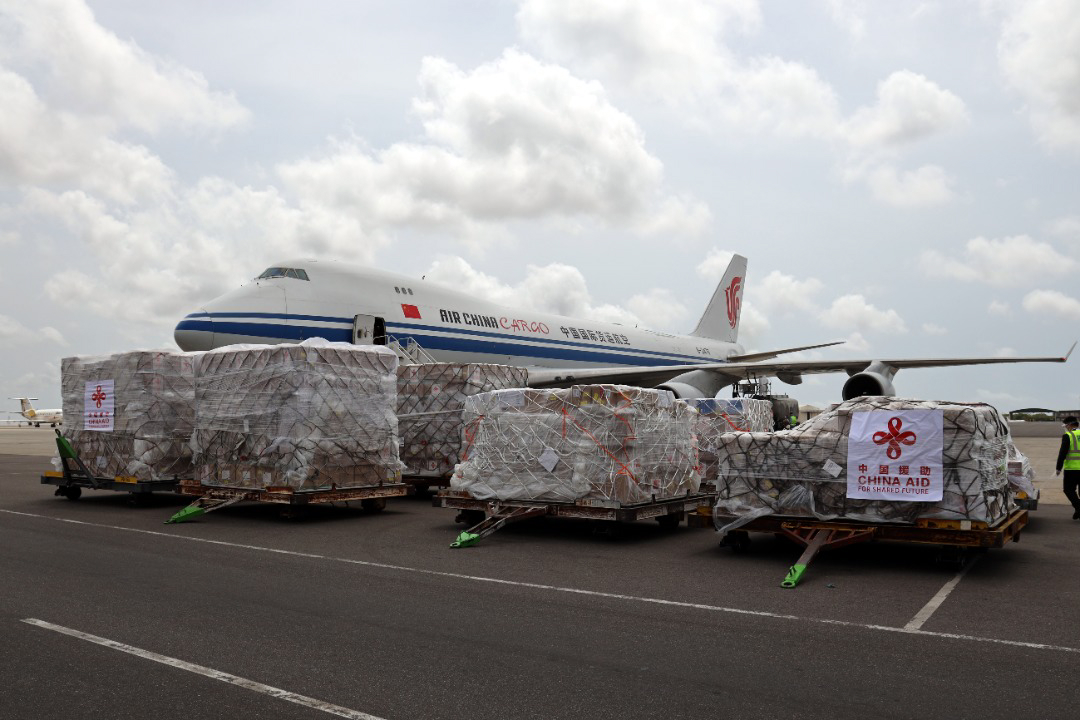
We’re building on a national school meals model and strengthening local capacity to eventually hand over ownership of our school meals program. We continue to support food security monitoring and early warning emergency preparedness systems.

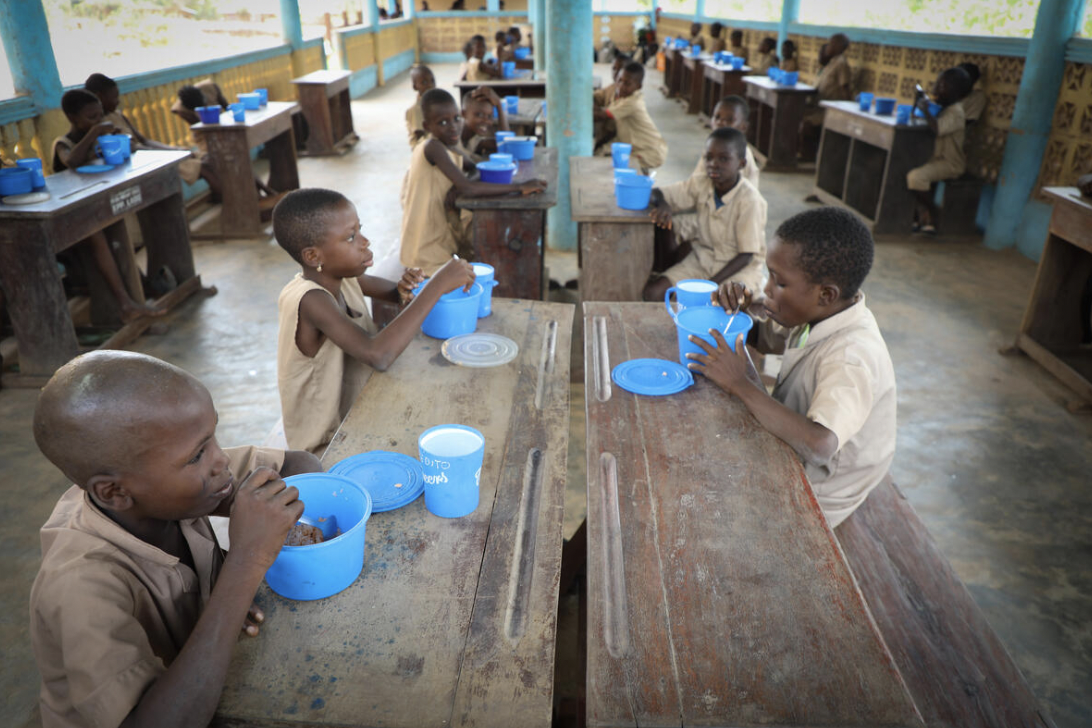
In 2022, we helped feed over 1 million children with daily school meals, including through take-home rations and cash assistance. We take an integrated approach to school meals by linking education, nutrition, health and hygiene, and by sourcing food locally.

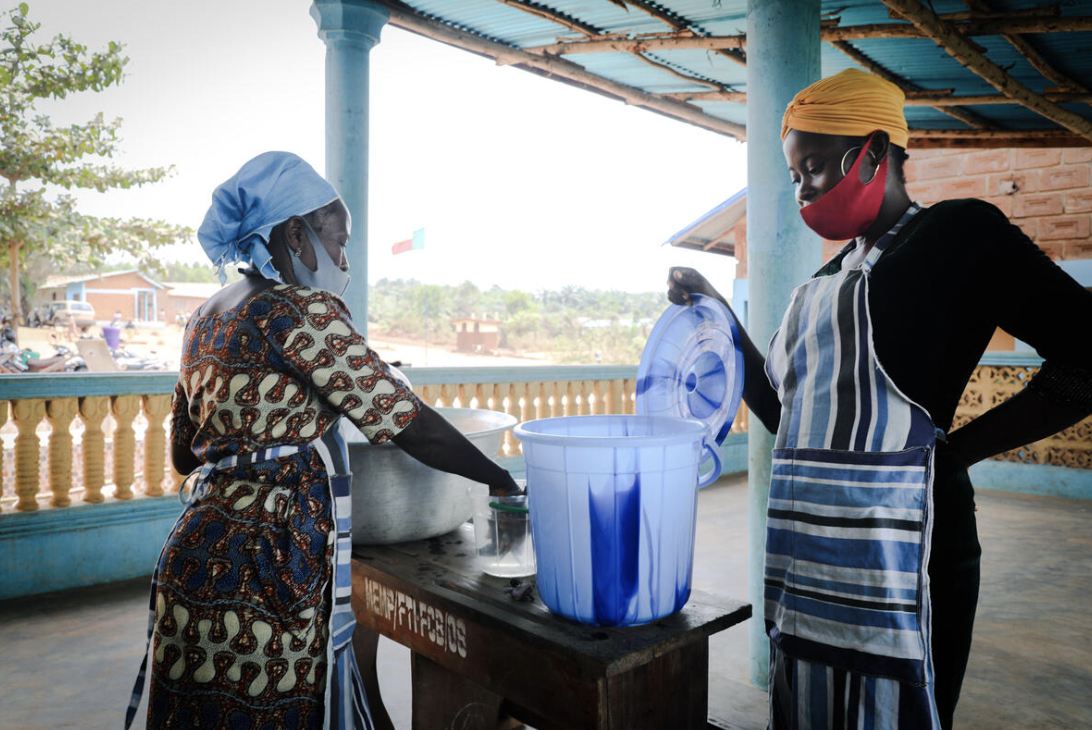
We provide specialized nutritious food or supplements to children and pregnant and breastfeeding women and girls in targeted areas to treat and prevent malnutrition. We also support Benin’s health services by strengthening their capacities in nutrition and education.

Help Save Lives by Sending Food
When you donate, you help us deliver critical food relief to the most vulnerable people in Benin and other countries around the world. You can make difference in someone’s life – send food today.
